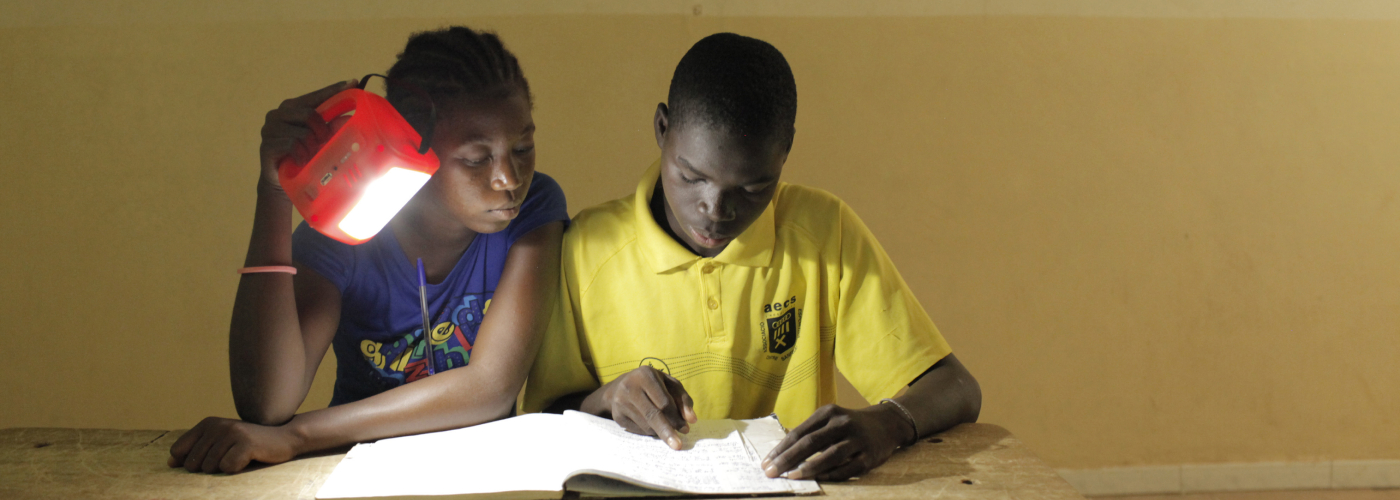Meeting women’s needs is often taken for granted in household energy and improved stoves programmes which are usually technical interventions, rather than socioeconomic ones. Gender perspectives in biomass energy conservation have seldom been examined closely. The objective of this case study was to demonstrate how gender aspects can be successfully integrated at different levels in the biomass energy sector, thus contributing not only to improved efficiency and effectiveness of household energy programmes, but also to increased gender equity in participation and benefits. Gender-sensitive indicators for biomass energy conservation programmes were developed and used. Recommendations were made as to how to ensure gender is integrated at all three levels












Follow us on: